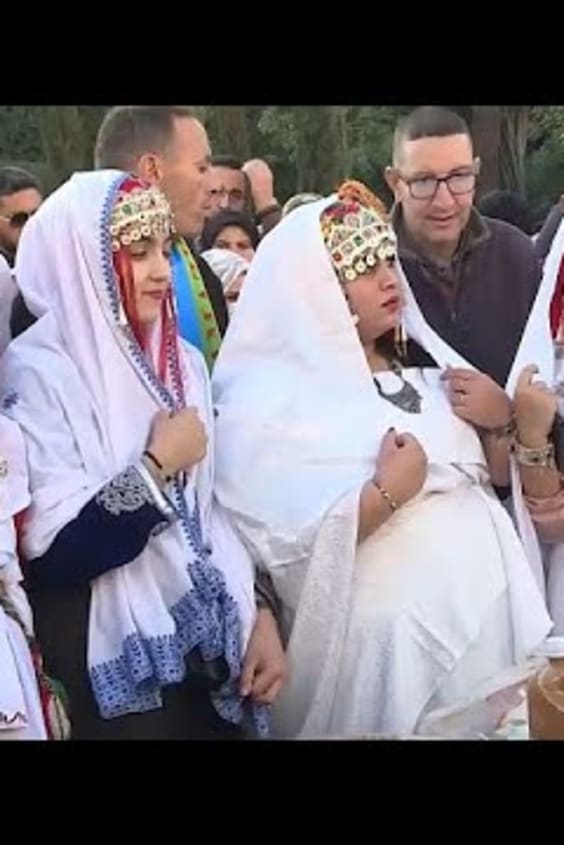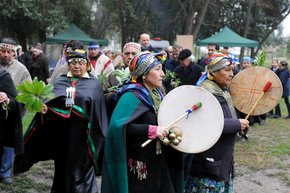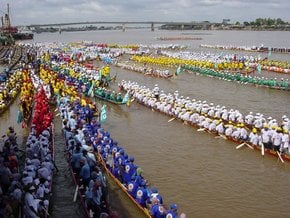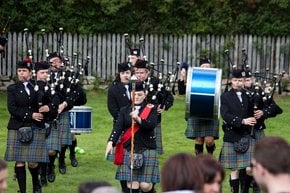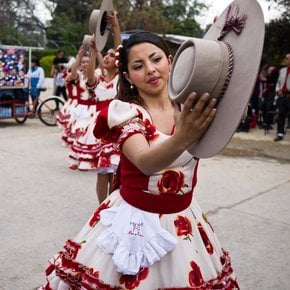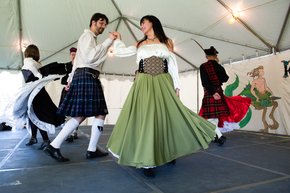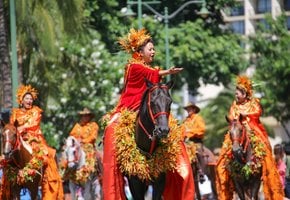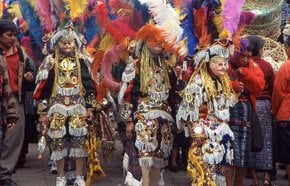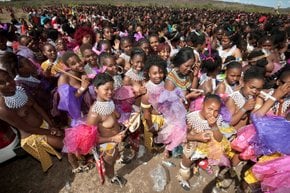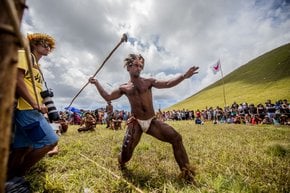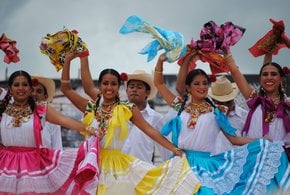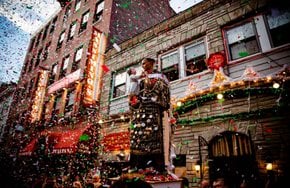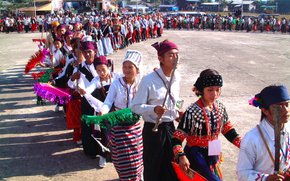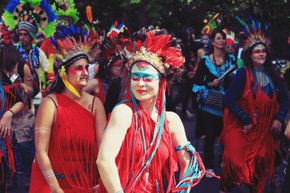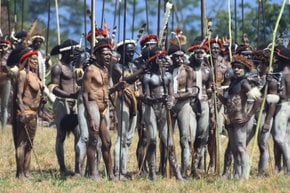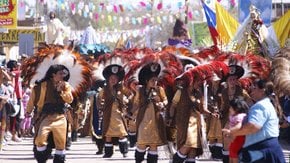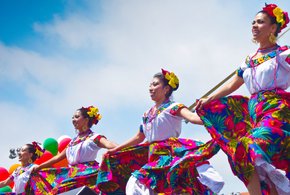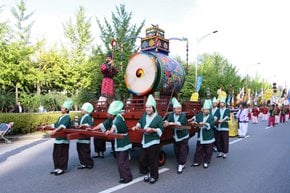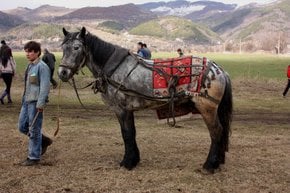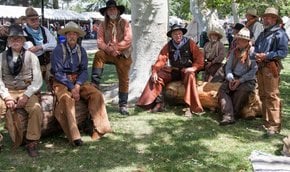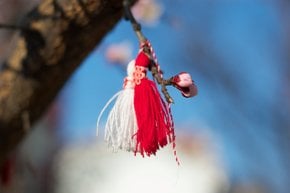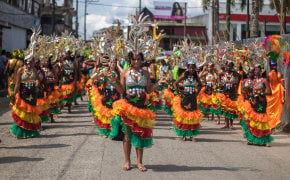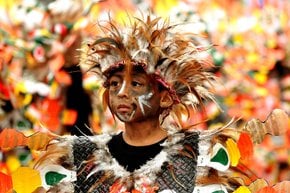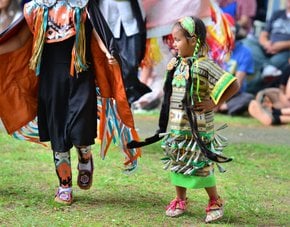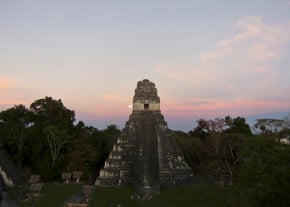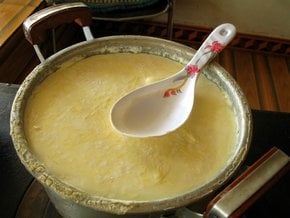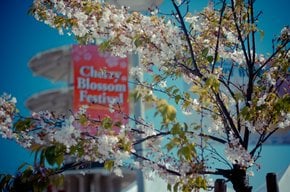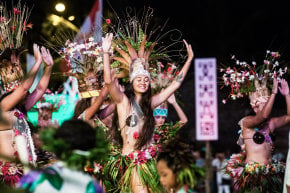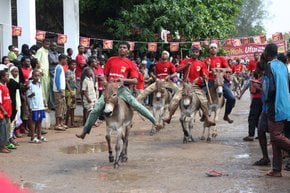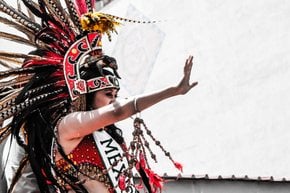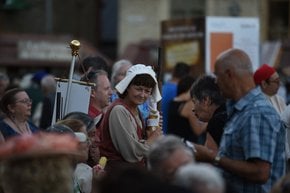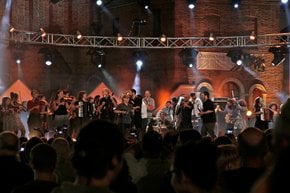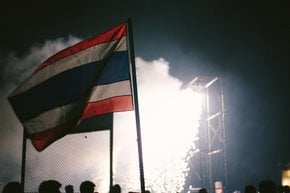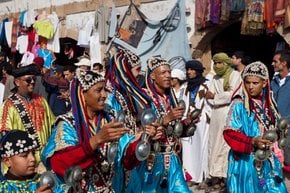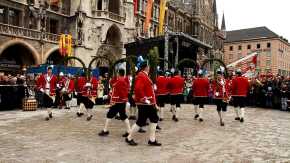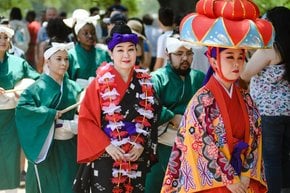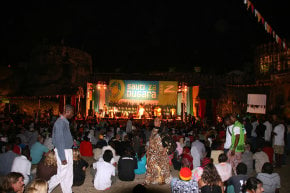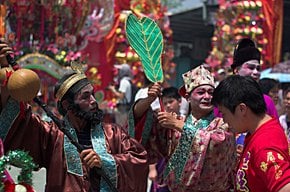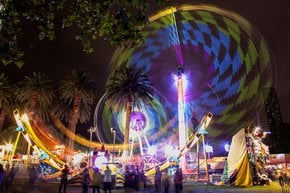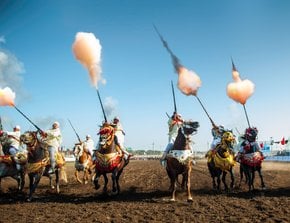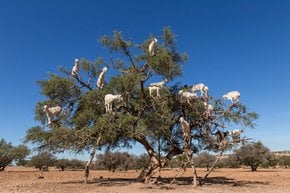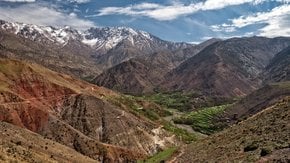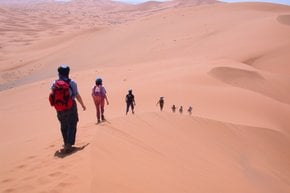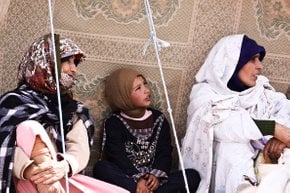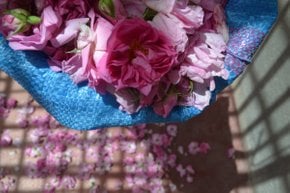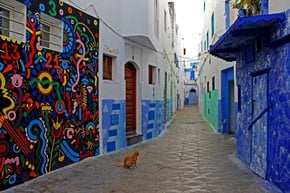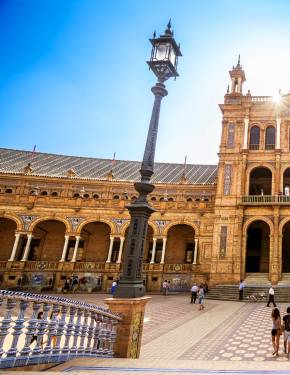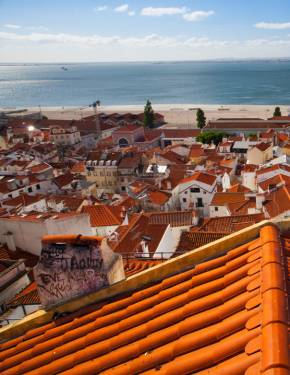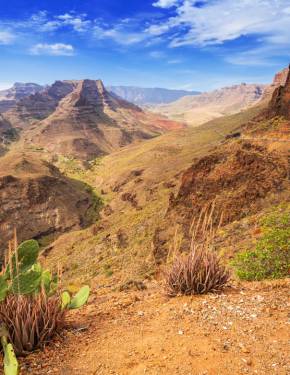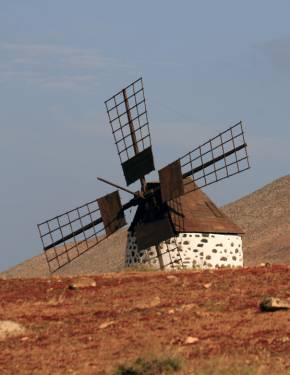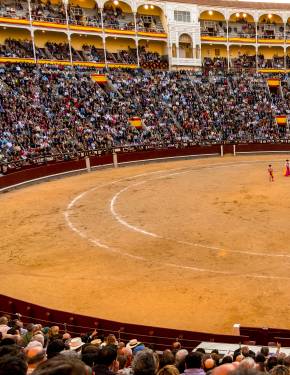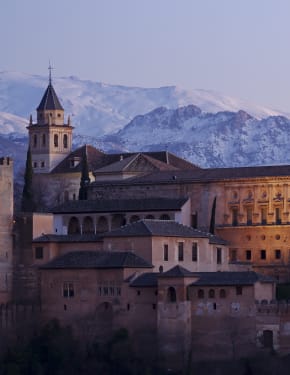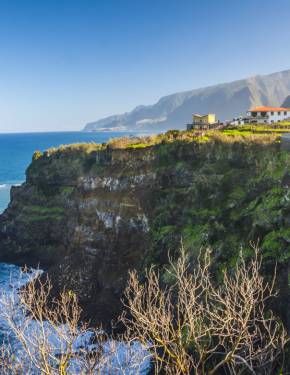Yennayer, Amazigh (Berber) New Year 2027 in Morocco
Celebrate the national holiday of the indigenous people of Morocco
Dates: January 12–January 13
Yennayer is the first day of the agricultural calendar of ancient Berbers used throughout North Africa. It is also often called the Amazigh New Year. Amazigh is an official language in Morocco, and many Moroccans don't miss the opportunity to party and exchange wishes—even those that don't have an Amazigh origin.
Celebration Highlights
The most vibrant Yennayer celebrations take place in the Amazigh regions of southeast Morocco on January 12–13, though the Julian calendar aligns the holiday with January 14 in the Gregorian calendar. Communities in Berber towns and villages near Essaouira and Agadir mark the occasion with collective dinners, street festivities, and traditional customs. Special meals, such as couscous and "tagola" or "takula," a dish made with grains and legumes symbolizing abundance, are prepared for the day. Festivities include lively music, traditional sports, and, in some areas, colorful horse parades. It's a wonderful opportunity to immerse yourself in the rich culture and customs of the Amazigh people.
More About Berbers
The Berbers, the pre-Arab inhabitants of North Africa, have their calendar, with year zero marking the ascension of Berber King Shoshenq I to the Egyptian throne in 950 BC. According to the Amazigh calendar, we will be entering the year 2975. The term "Yennayer" is derived from "yen," meaning "first," and "ayer" (or "ayyur"), meaning "month." Yennayer corresponds to the first day of the agricultural calendar that the Berbers have used for centuries. This calendar aligns with the ancient Julian calendar adopted in North Africa during Roman times but is offset by thirteen days compared to the modern Gregorian calendar.
Significance
The Amazigh New Year holds deep cultural significance for Morocco's Amazigh people, who make up approximately 40% of the population. In May 2023, King Mohammed VI officially declared Yennayer a national holiday, a decision that follows the constitutional recognition of the Amazigh language as an official language alongside Arabic. This historic move is viewed as a milestone in fostering national unity and honoring Morocco's rich cultural diversity. For the Amazigh community, long marginalized, it represents a meaningful acknowledgment of their heritage and their enduring connection to the land and its seasonal rhythms.
Ckick here to read about New Year's Eve in Morocco.

